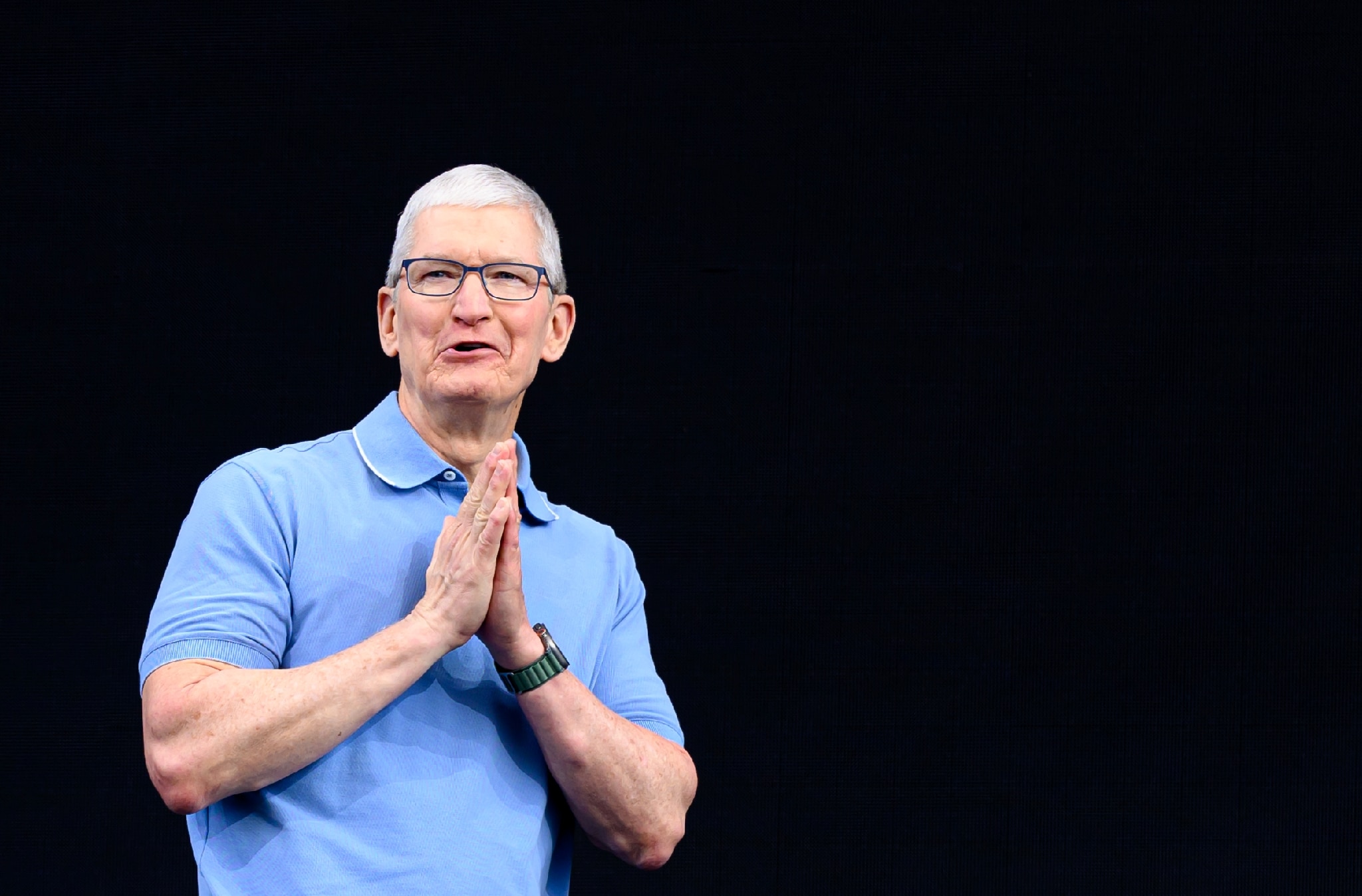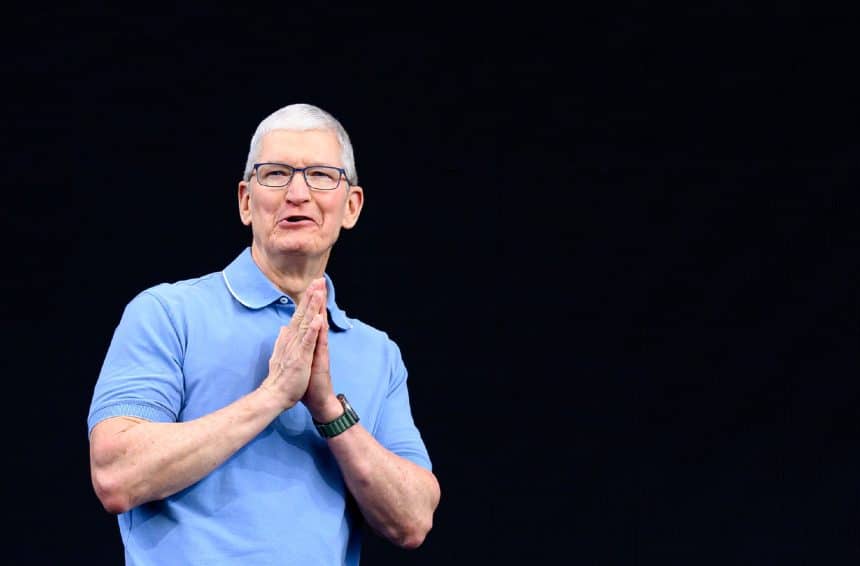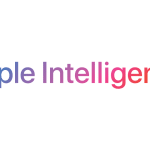Apple is under scrutiny as the National Center for Public Policy Research (NCPPR) calls for an end to the company’s Diversity, Equity, and Inclusion (DEI) initiatives. The group claims these policies could pose legal and reputational risks, sparking a heated debate within the company’s shareholder base.
Apple’s Strong Stance on Inclusivity
In response, Apple has urged shareholders to reject the proposal, emphasizing its dedication to fostering a diverse and inclusive workplace. “We aim to create a culture of belonging where everyone can do their best work,” Apple stated in its guidance, reinforcing its belief that diversity is essential to innovation.

Preparing for the February Shareholder Meeting
This discussion will culminate at Apple’s annual shareholder meeting, scheduled for February 25, 2025. Historically, these meetings have served as platforms for debating critical corporate policies. DEI practices, a key topic this year, highlight a broader question about corporate responsibility in today’s business landscape.
Addressing Legal and Ethical Concerns
Apple has assured shareholders that its DEI policies comply with all legal standards. The company has pointed to its rigorous compliance programs, designed to minimize risks while upholding ethical hiring practices. “We do not discriminate on any basis protected by law,” Apple stated firmly.
The Broader Context of Corporate Diversity
Apple’s situation reflects a broader trend in the tech industry, where companies like Meta have scaled back similar initiatives. However, Apple has chosen to double down, aligning its policies with its long-term vision of inclusivity as a driver of innovation.
A History of Bold Corporate Values
Apple’s commitment to societal impact isn’t new. In 2014, CEO Tim Cook publicly defended the company’s environmental initiatives, prioritizing long-term benefits over immediate financial returns. This current debate over DEI echoes that same ethos.
Looking Ahead
The February meeting will be pivotal, with implications for Apple and the tech industry at large. A vote against the proposal would signal strong support for Apple’s inclusive policies, while the alternative could push the company to reassess its approach.












